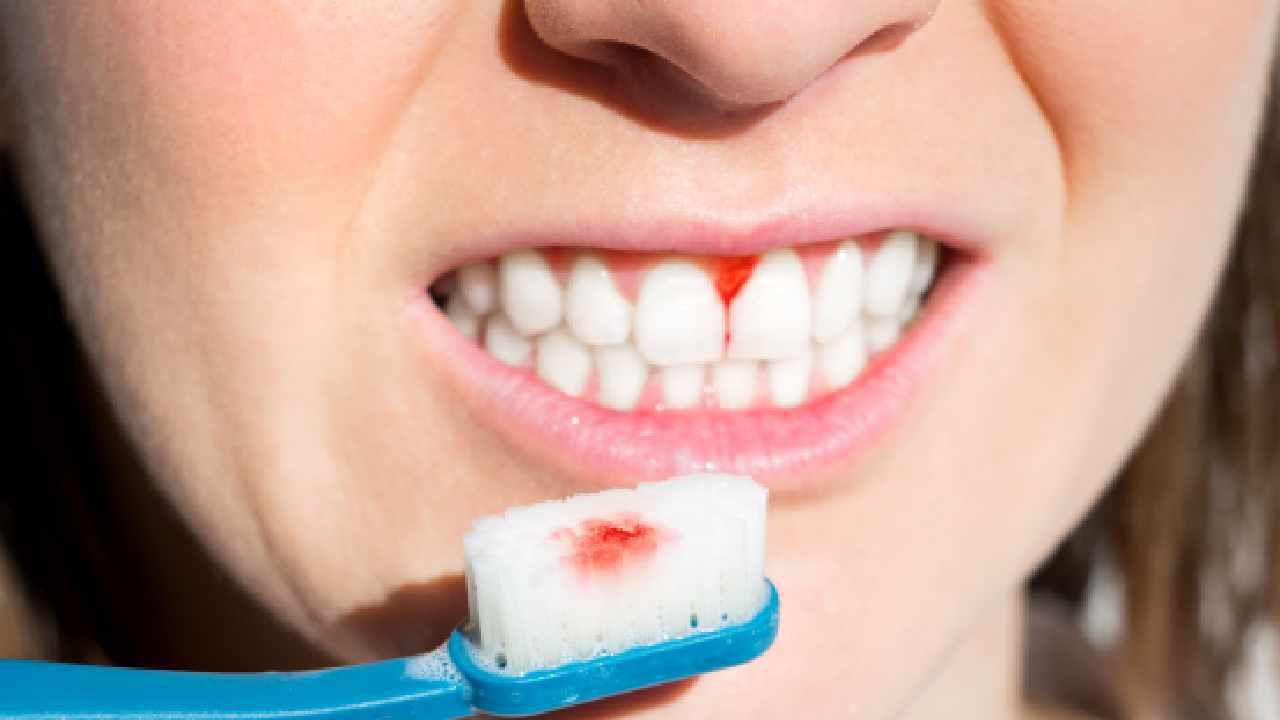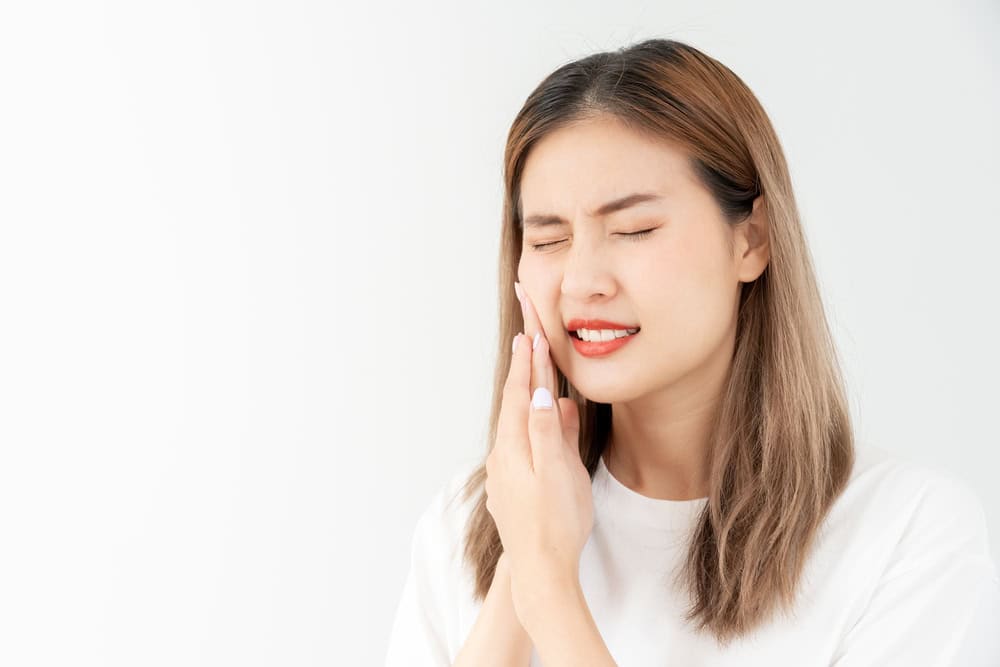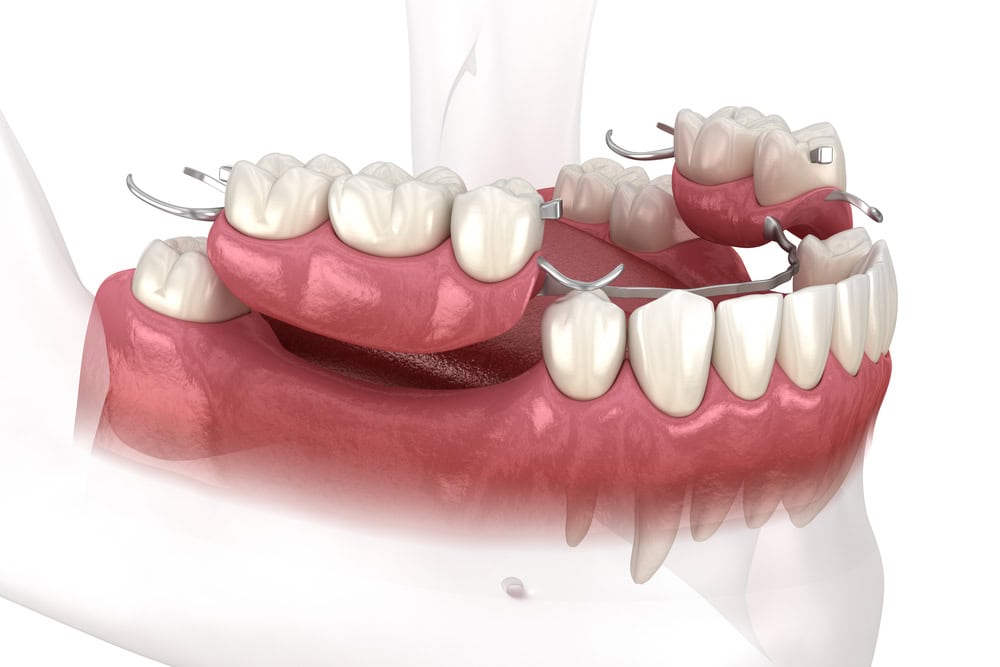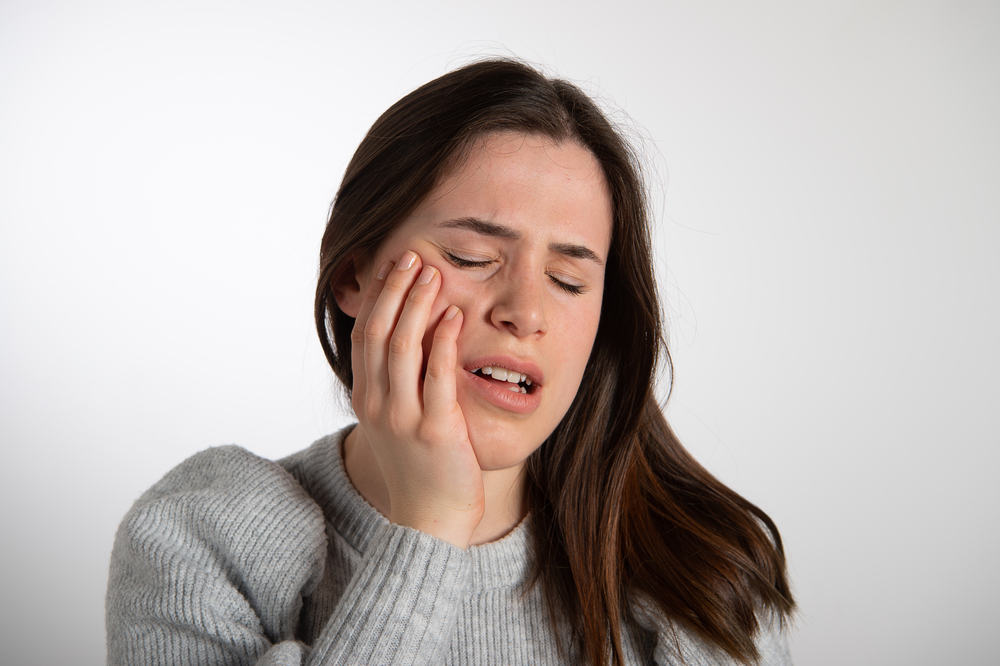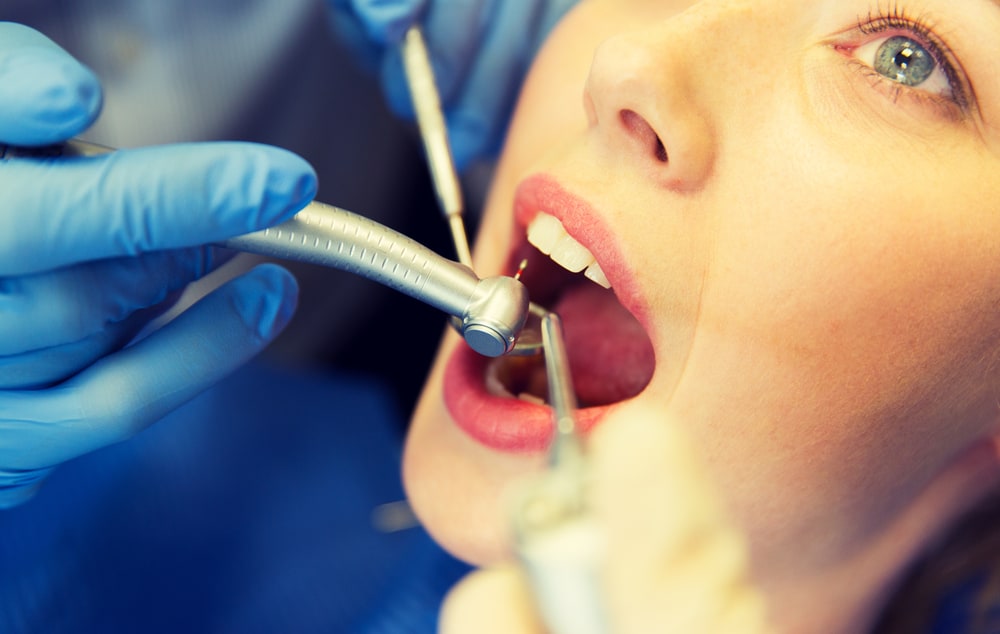Dental health isn’t just about your teeth but your gums as well. Strong gums provide your teeth with adequate protection from harmful bacteria. Therefore, it’s important that you look after your gums too!
One of the common problems with gums is bleeding gums. When this happens, it must be not ignored because it can lead to something even more serious. If you’ve identified that bleeding gums is happening excessively, understanding why and how to stop them from bleeding is important to know.
What Are The Causes Of Bleeding Gums?
The following five causes of bleeding gums are typically the most popular:
Dental Plaque Build Up
Dental plaque build-up is a yellow, pale sticky substance coated with harmful bacteria that can accumulate along the gumline if you’re not brushing and flossing your teeth properly. Plaque eventually hardens into tartar and becomes difficult to remove. This causes gum irritation and bleeding. If this continues, this can lead to an advanced stage of gum disease, also known as periodontitis, a severe form that can impact the underlying jaw and tissues that connect to your teeth and gums.
Therefore, ensure that your teeth and gums are looked after as part of a strong oral routine. Keep your mouth clean throughout the day, even after eating a meal. For example, wash your food down with water. Of course, always brush and floss your teeth regularly too.
How You Brush Your Teeth
Brushing your teeth twice a day is, of course, important, but if you’re still not getting the best results, it means that something is wrong with your brushing technique. Make sure you’re using a soft-bristle or electric toothbrush and press the bristles gently against your teeth with a small amount of pressure.
Therefore, follow this correct technique: rotate your toothbrush at a 45-degree angle so that the bristles are placed against your teeth and gums, and gently brush in a circular motion. Too much pressure can cause the bristles on your toothbrush to become damaged.
What You Eat
Bleeding gums is also a signal that you’re not getting the right nutrients you need, such as Vitamin C. This means that your diet isn’t up to scratch. Alter your dietary choices and include options such as fruit and leafy green vegetables, whether it be as a snack or as part of a meal. It is also important that you reduce your sugar intake or drop it altogether.
How You Floss Your Teeth
If you haven’t flossed for a long time, be warned that excessive flossing can cause bleeding gums. Don’t stop flossing, but be gentle with the film and don’t press the floss against your teeth with a lot of force. Gently place the floss in between teeth and use a back and forth motion for a minimum of 2 to 3 minutes.
Hormones
Hormones can also be a surprising cause of bleeding gums. Pregnant women are closely linked to gums bleeding when they brush and floss. Gingivitis after pregnancy is a temporary symptom that can arise sometimes.
Keeping your oral routine strong throughout will help keep your teeth and gums healthy.
Are You Noticing Bleeding Gums?
Are you showing signs of bleeding gums that seem to be more regular than normal? It is important that you consult your dentist to get this checked out and get the right knowledge on how it can be stopped. Although, following these tips listed above should keep your dental health in check. Despite following these tips, stay in touch with your dentist if it still doesn’t stop.

